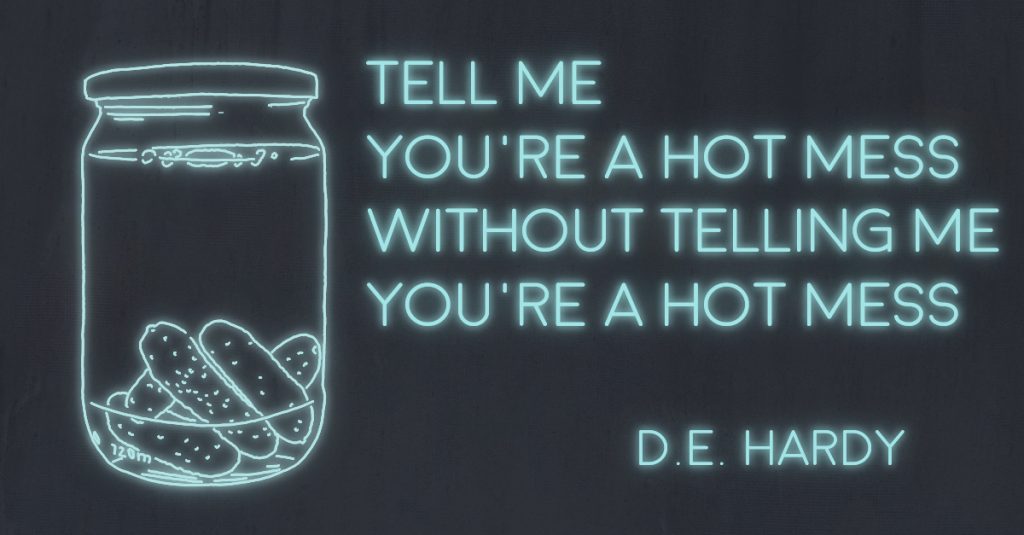I should have known it was a bad time to have a friend over. I was 15. My parents were divorcing, the house divided into a his/hers venn diagram, the kitchen being the overlapping space.
I should have foregone the offer of a snack, and led my friend straight to my room that was squarely situated on the her-side of the floorplan. Better, I could have suggested my friend and I walk to her house where we could have eaten whatever we wanted. Even in before-times, my family rarely had anything good in the fridge.
I should have shut the fridge door when I saw our side of the fridge contained a half-eaten jar of pickles and a deflated bag of bread with two end pieces in it, while my dad’s side was fully stocked with grapes and mozzarella sticks, a pack of cinnamon buns and half a pie.
I should have lied and told my friend she could help herself, that there were no sides of the fridge, I should have pretended there would be no consequences for taking my dad’s food, that there wouldn’t be a scene, that he wouldn’t penalize my mom by deducting the cost of whatever my friend might take—some juice, a glass of milk—from my mom’s next support payment, that she wouldn’t yell at me for being selfish, for making things harder than they already were.
But I didn’t have any of that kind of sense, and so I just stood there, confused, in front of the fridge that hung open like a cracked rib cage, watching my friend’s expression evolve, her eyes widening then darkening, as she realized I thought my family was normal, how in watching her reaction, I was only now learning it wasn’t.

